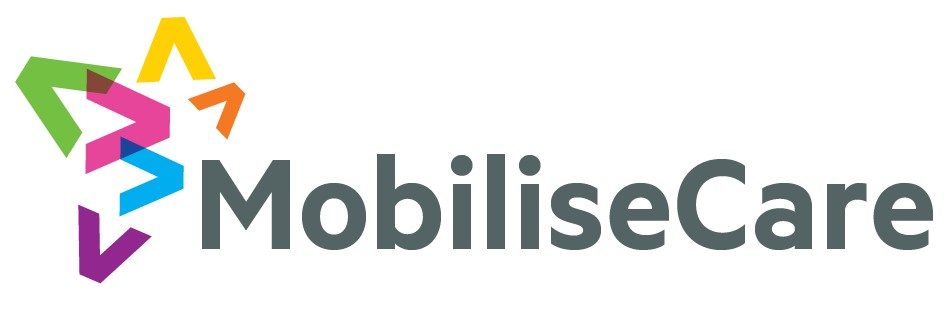When I arrived in Ireland in May 2024, just four months after I was offered a PhD position in MobiliseCare project, I was happily surprised about how my Irish visa came in faster than most cases. As a Turkish citizen and a non-EU national, I had to apply for a long-term visa to be able to enter the Republic of Ireland and then, once I was in Ireland, apply for an Irish Residence Permit (IRP) like most of the international students. As visa applications for Europe from Türkiye[1] infamously take a long time to be processed[2], I was glad it was not as such in my case. I remember thinking: ‘maybe the fact that Ireland not being in the Schengen area helped me’. Maybe it did play a role, but this fact also meant hitting the visa wall in Ireland as a non-EU resident when I need to travel to the other parts of Europe and the Schengen area.
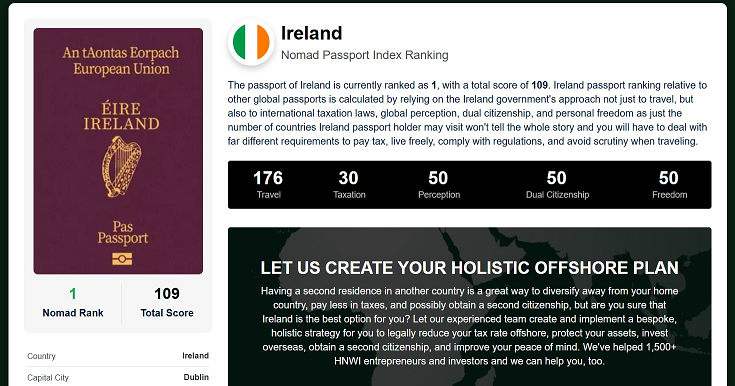
In 2025, Irish passport became the strongest passport in the world according to the Nomad Capitalist Passport Index moving up from its third ranking and outnumbering both Switzerland and Luxembourg, the first and second ranked countries for 2024. The index ranks passports based on offers of mobility, taxation and citizenship opportunities. It is no surprise that Ireland ranks first since the Irish passport offers visa-free travel to 189 countries, including the United Kingdom due to the Common Travel Area (CTA), has a high diplomatic reputation, fast-track citizenship options as well as entrepreneur-friendly taxation policies[3]. However, it should be noted that, as the name of the index and the stress on taxation policies openly demonstrates[4], passports are evaluated, and attached importance based on their integration into the globalised neoliberal capitalist system. Nonetheless, this lens depicts Ireland as a country where a borderless and open political economy is praised and highly promoted.
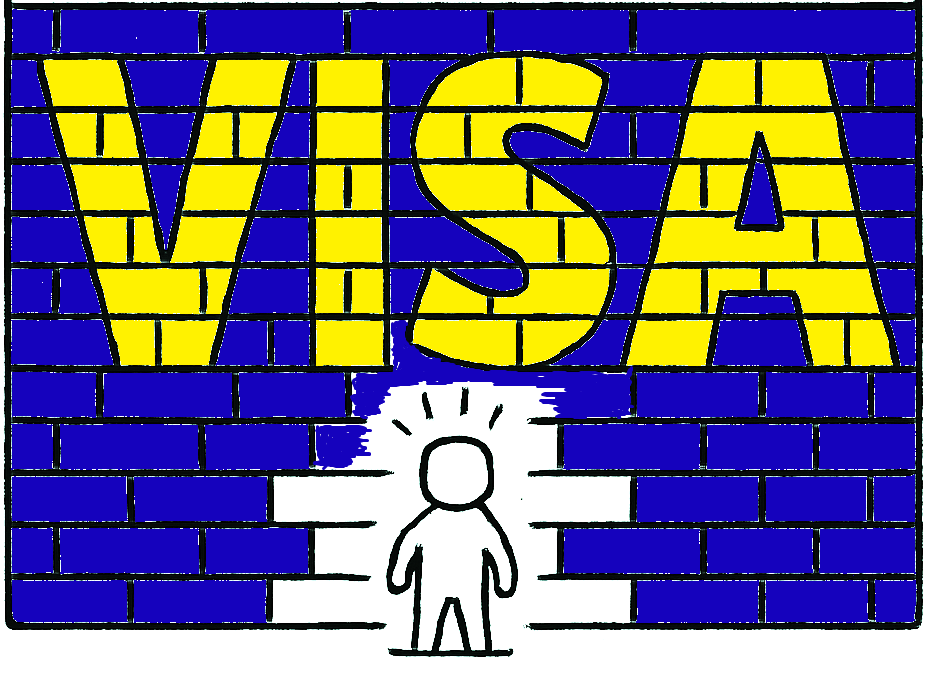
Looking to Ireland from this lens is possible if you are an Irish citizen, EU/UK citizen, or more generally a citizen from a country outside the Global South[5]. However, when you fall outside of these checkboxes, then you will quickly encounter an ever-growing visa wall that prevents, limits and manages your mobility and rights. In my own experience as a Turkish citizen living in Ireland for over a year now, I hit the various parts of this visa wall in separate occasions.
My first encounter with the visa system when I arrived in Ireland was through applying for an Irish Residence Permit (IRP). Differently from the other visa requirements, IRP is a requirement for citizens from outside the EU, UK or Switzerland who wish to reside in the country for long term periods[6]. What determines the specific nature of the visa rules applied with regards to the IRP is one’s reason for residence in Ireland. For my case, the reason for residence was my postgraduate (PhD) education, meaning that I have to renew my IRP application annually and prove my continuing postgraduate level education in Ireland. Apart from the time and effort it takes to navigate the IRP system, being subject to the IRP rules has also very tangible material costs. To be precise, every annual renewal of IRP requires an application fee of 300€ (as of 2025), coupled with the mandatory requirement of private health insurance, which varies considerably depending on the provider and entitlements. This rule applies to every international student from outside the EU, UK or Switzerland, residing in Ireland. Therefore, this part of the visa wall separates individuals in its treatment based on broadly regional nationalities (EU/Europe versus the rest).
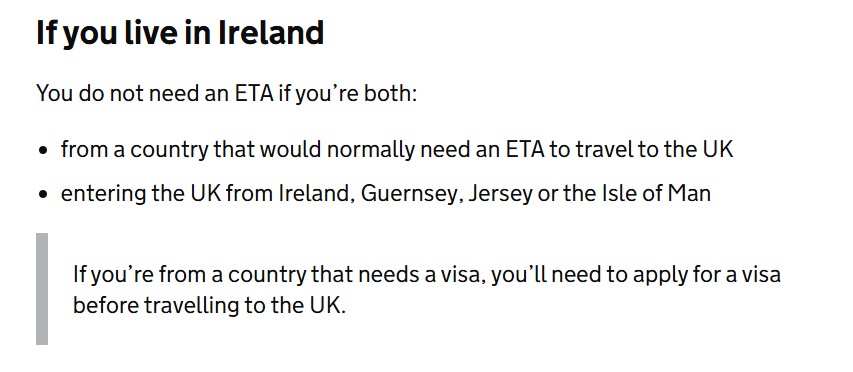
My second encounter with the visa system occurred when I planned to travel to Belfast for presenting at the Conference of Irish Geographers 2025. While Irish citizens and UK citizens can freely travel between the Republic of Ireland and the UK due to the CTA, all non-citizens residing in Ireland either need a separate visa or an Electronic Travel Authorisation (ETA) to travel to the UK. As a relatively new process, IRP holders with certain nationalities, can travel to the Northern Ireland and the UK from the CTA area (i.e. Republic of Ireland) without needing an ETA or a UK visa under an ETA exemption rule[7]. As there is no hard land border with border checks between the Republic of Ireland and Northern Ireland, this exemption rule resonates with common sense. However, since Türkiye is not eligible for utilising ETA in the first place and also is not on the list of countries for ETA exemption rule, I needed to apply for a UK visitor visa to travel to Belfast legally. Fortunately, application process for a UK visitor visa was relatively straightforward and I was able to receive it. However, I had to apply for it quite early on so that it would be granted on time before the conference. In addition, while a UK visitor visa can be granted for six months or a year in the first application, it is financially more costly compared to, for instance, a Schengen visa fee. Therefore, being a non-EU resident in Ireland leads to additional financial costs and requires considerable time and effort while navigating the UK visa system.
The most recent instance where I hit the visa wall was while planning a visit to a friend residing in France for the summer. Because Ireland is not in the Schengen area, having an IRP does not automatically lead to visa-free travel in the Schengen area when you are a non-EU national, unlike having a residence permit issued by a Schengen country would. As a result, I needed to apply for a short-term Schengen visa for travelling to France from Ireland. Since I had all the required documentation and France did not use any visa service provider company as a broker between the visa applicants and the French embassy in Ireland, I was happy as it would mean a lower visa fee and a more straightforward application process. Unfortunately, this happiness did not last as I quickly realised that the visa appointment system of the French embassy did not have any available appointment slots. I have regularly checked the appointment system for weeks without any luck. This led me thinking that either the French embassy did not give any appointments to anyone at all from Ireland as a deterrence policy or that some AI bots were being used to book all appointments in seconds and then these Schengen visa appointments were being sold in the black market, a well-known situation for Turkish nationals, especially regarding Schengen visa appointments[8].
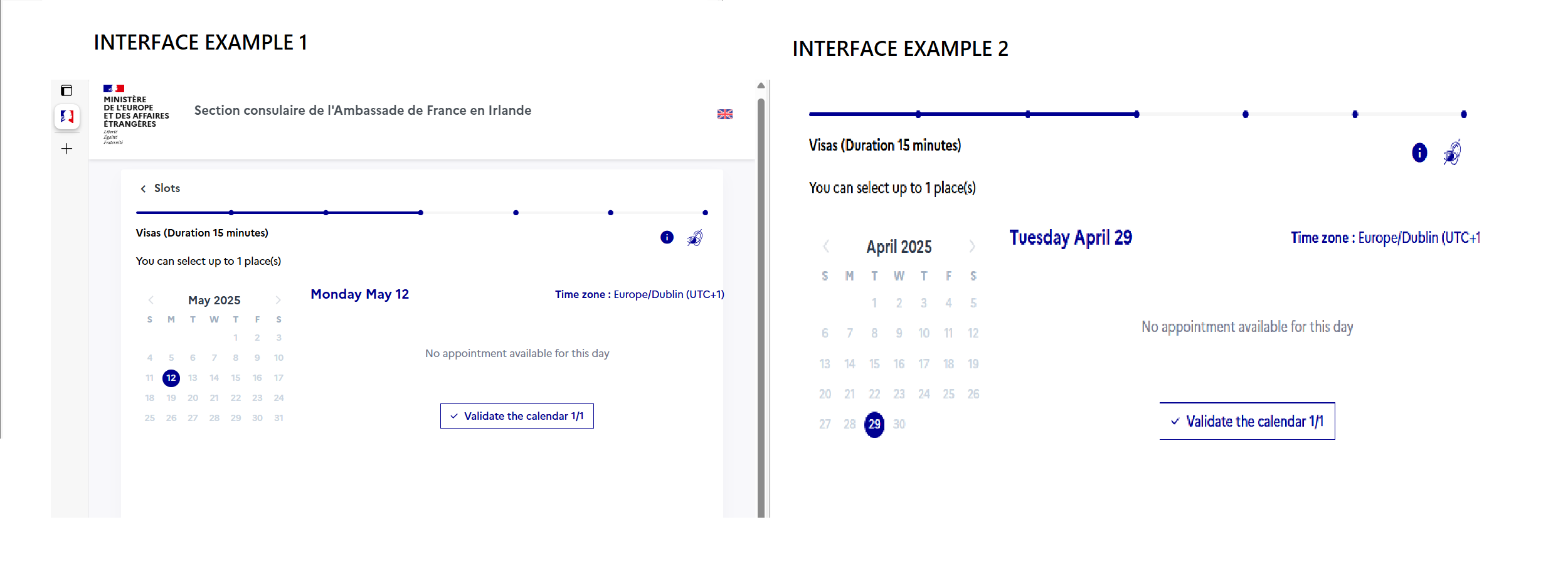

To empirically test these ideas, I worked with a friend of mine, who has much better knowledge in coding than I could ever have, to simply observe the visa appointment system constantly. This little makeshift program checked the visa appointment system and sent us ‘alarm e-mails’ along with a screenshot of the visa appointment system interface, whenever it noticed a change in the appointment system indicating a potential available appointment slot (Figure 4 and 5). We received a few of these e-mails but they were false alarms, meaning that there were either no actual changes in the interface or the interface showed a date from next week for some unknown reason but again with no appointment slots available. So, this little experiment showed us that there seems to always be ‘no appointment available for this day’ in the system, no matter how inhumanely one observes the system. At the end, I had to change my travel plans and apply for a Schengen visa through Denmark via an invitation from another friend. Since (un)fortunately Denmark used a visa service provider company as a broker (meaning additional fees), I was able to get an appointment and acquire a valid Schengen visa for my travel plans in time. If I didn’t have that friend I’d like to visit as well, and if my only chance was to apply for a Schengen visa through France, I would simply not be able to, due to the de facto non-existence of appointment slots. Overall, through my experiences with various visa systems over this year living in Ireland, I can easily say that in the current nation-state global order, nationality is the main dividing factor on a daily basis that determines one’s capacity to be mobile no matter where physically one might be located. In my case, irrespective of living three thousand kilometres away from Türkiye, my nationality remains as the main factor determining my capacity to move legally between borders and places. However, it should be remembered that, on a historical scale, nationality only recently became a determinant of human mobility through the use of detailed visa systems. This simple historical fact should be focused on when looking for alternative conceptualisations of migration and imagining a future of human mobility without visa walls surrounding us.
[1]Effective from June 1, 2022, with the Republic of Türkiye’s request to the UN, the country’s official name has been changed from ‘Turkey’ to ‘Türkiye’ in all international affairs, in line with its pronunciation and spelling in Turkish language. Accessed 10.06.2025. Retrieved from: https://turkiye.un.org/en/184798-turkeys-name-changed-t%C3%BCrkiye
[2]IKV. (2024). 17 May 2024: “Türkiye Is in Second Place in Terms of the Number of Schengen Visa Applications; Turkish Citizens Paid €85 Million Just for Visa Applications”. Accessed 10.06.2025. Retrieved from: https://www.ikv.org.tr/ikv.asp?lng=en&id=9014
[3]EPIC. (2025). The Irish Passport Officially Ranked the Strongest in the World. Accessed 10.06.2025. Retrieved from: https://epicchq.com/story/the-irish-passport-officially-ranked-the-strongest-in-the-world/
[4]Nomad Capitalist Passport Index. (2025). Ireland. Accessed 19.06.2025. Retrieved from: https://nomadcapitalist.com/nomad-passport-index/passport/ireland/
[5] For a discussion on the concept of Global South, see: Kloß, S. T. (2017). The Global South as subversive practice: Challenges and potentials of a heuristic concept. Global South, 11(2), 1-17.
[6] Department of Justice, Home Affairs and Migration. (2025). Registering your immigration permission. Accessed 19.06.2025. Retrieved from: https://www.irishimmigration.ie/registering-your-immigration-permission/
[7] GOV.UK. (2025). Check If You Can Get An ETA. Accessed 19.06.2025. Retrieved from: https://www.gov.uk/guidance/check-when-you-can-get-an-electronic-travel-authorisation-eta
[8] SchengenNews. (2025). Turkish Nationals Struggling to Secure Schengen Visa Appointments as Black Market Thrives. Accessed 19.06.2025. Retrieved from: https://schengenvisainfo.com/news/turkish-nationals-struggling-to-secure-schengen-visa-appointments-as-black-market-thrives/
